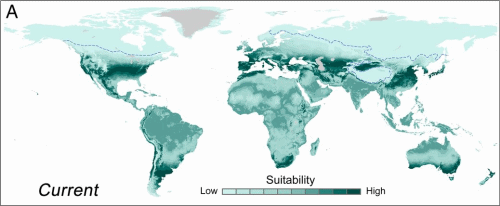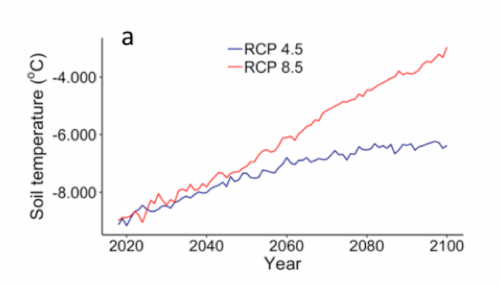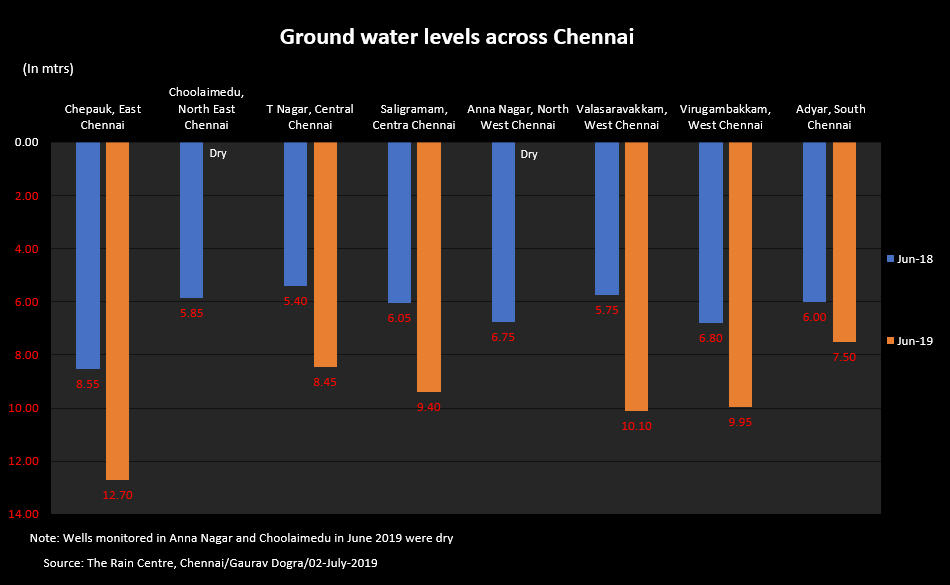Three consecutive years of drought leave millions in Uruguay without tap water fit for drinking – Main reservoir for capital at 3 percent of capacity

By Martín Tocar
15 July 2023
(The Guardian) – More than half of Uruguay’s 3.5 million citizens are without access to tap water fit for drinking, and experts say the situation could continue for months.
Some had predicted the crisis years ago when pointing out the vulnerability of the single reservoir supplying water to the metropolitan area around the capital, Montevideo.
By Latin American standards, Uruguay is a high-income country, and it has historically thought of itself as having abundant water resources. Those who warned of diminishing supplies were considered catastrophists and investment was postponed.
Three consecutive years of drought have almost emptied the reservoir of fresh water, and to avoid shortages the state-run water supplier, OSE, has since the beginning of the year been gradually adding brackish water from the Rio de la Plata estuary.

By early May the mix had reached the maximum levels of sodium and chlorides recommended by the World Health Organization (WHO), and now it has double those levels, giving the water a repulsive taste and raising questions about potential effects on health.
Authorities maintain that the chemicals only affect the taste and smell of the water and do not necessarily pose a risk to most people’s health.
Some vulnerable groups such as babies, pregnant women and people with health conditions have been warned against drinking the water but there have been conflicting claims about its safety for the broader population.
Álvaro Mombrú, the dean of the chemistry faculty at the Universidad de la República, said he would not recommend its consumption at present, while his colleague Arturo Briva, the dean of the medicine faculty, said the water was still considered safe but warned that “as levels rise and time of exposure increases, some repercussions may appear”.
Experts have advised taking shorter showers, and there have been increased reports of damage to water heaters.
A poll in May 2023 found that roughly half of people in the area affected had reduced their consumption of tap water and 35% had stopped drinking it completely.
The government has exempted bottled water from taxes and announced it would provide free bottled water to more than 500,000 people.
Mario Bidegain, a meteorologist, said calculating the amount of rain needed to bring the situation back to normal was a difficult task. If there are heavy rains as expected by early September, authorities will still have to decide whether to reduce the sodium and chloride levels back to normal or keep some kind of mix to preserve supplies in case the drought continues. “We will probably come out of this slowly,” Bidegain said.
Drought leaves millions in Uruguay without tap water fit for drinking


